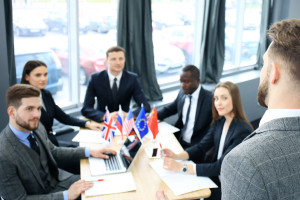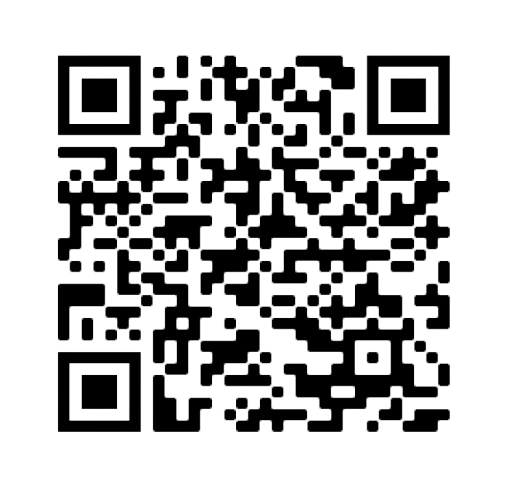International relations (IR) is the scientific study of the interactions between sovereign states. We regard it as one of the major subdisciplines of social sciences that focuses on the history, economy, government, social and cultural aspects of states worldwide. This course will introduce you to the scope and building blocks of studying international relations as a discipline. You will learn about IR in everyday life and its development and examine the interaction between international players. Countries that maintain a strong diplomatic relationship with other countries are usually better off economically, socially and politically. We illustrate the historical making of the modern world and analyse the causes of both the First and Second World Wars, how they ended, the countries involved and the aftermath on a global scale.
On the international stage, some entities are individually or collectively capable of influencing the dynamics of foreign affairs. They can devise a strategy and act autonomously to achieve specific objectives. These entities are referred to as 'actors'. We carefully examine the state and non-state actors in IR and their impacts. Theories in international relations help us view how nation-states engage with one another. Diplomats and international relations experts usually employ someone to guide and direct a government on global political and socio-economic issues. We'll discuss liberalism and realism theories, including the propositions of Marxism, liberalism, realism, constructivism and feminism on the actors in international relations. In addition, you will study the various concepts in global political economy, how leaders planned the world economic regime after the Second World War and the rise of financial organisations and their functions globally.
Environmental and terrorist issues have recently gained attention in international relations, which appear to be a significant determinant of state-to-state relations. We discuss these issues, including the rise of green politics and climate change. Unresolved conflicts are seen as the root cause of wars. What kinds of conflict exist between nations that can lead to the outbreak of war? You'll learn about the types of conflicts and wars and the underlying causes at the individual, state and international levels. Lastly, we show you how countries created international organisations such as the United Nations and The League of Nations and their functions in international relations. IR helps analyse and interpret the contemporary and dynamic world of politics. We have designed this course for all learners. Are you passionate about providing innovative solutions to complex problems in international relations? Enrol and start learning today.
What You Will Learn In This Free Course
View All Learning Outcomes View Less All Alison courses are free to enrol study and complete. To successfully complete this course and become an Alison Graduate, you need to achieve 80% or higher in each course assessment. Once you have completed this course, you have the option to acquire an official , which is a great way to share your achievement with the world.
Your Alison is:
- Ideal for sharing with potential employers
- Great for your CV, professional social media profiles and job applications.
- An indication of your commitment to continuously learn, upskill & achieve high results.
- An incentive for you to continue empowering yourself through lifelong learning.
Alison offers 3 types of s for completed courses:
- Digital : a downloadable in PDF format immediately available to you when you complete your purchase.
- : a physical version of your officially branded and security-marked
All s are available to purchase through the Alison Shop. For more information on purchasing Alison , please visit our FAQs. If you decide not to purchase your Alison , you can still demonstrate your achievement by sharing your Learner Record or Learner Achievement Verification, both of which are accessible from your Account Settings.














 Avg Hours
Avg Hours CPD Accredited
CPD Accredited
 Total XP:
Total XP: 
 Knowledge & Skills You Will Learn
Knowledge & Skills You Will Learn







